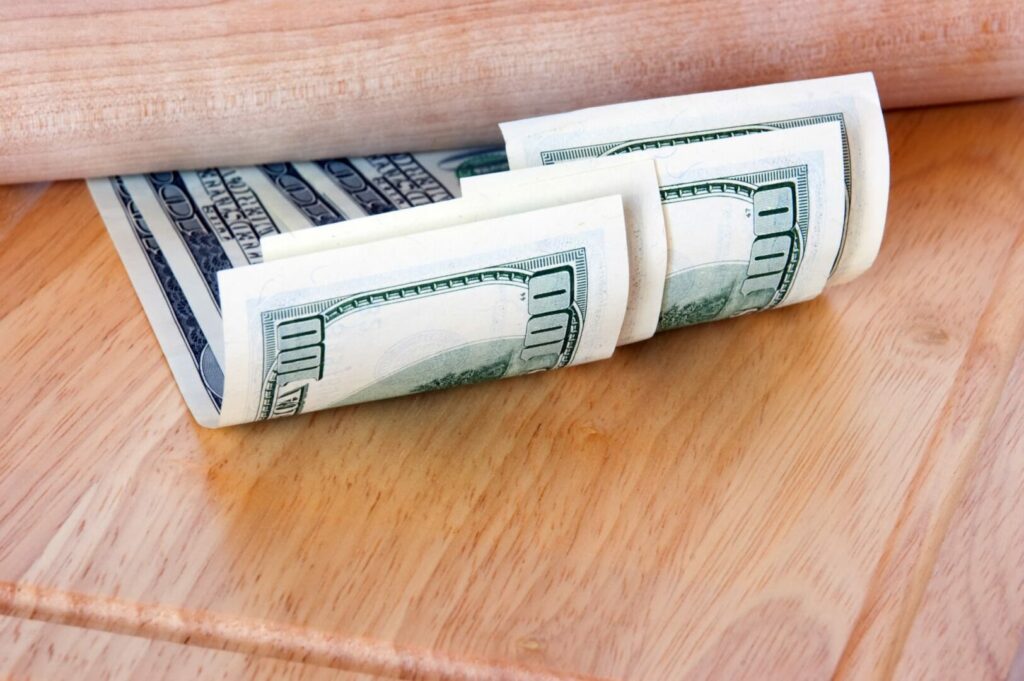Bankability is the cornerstone of relationships.
My earliest memory of the word “bankable” is from decades ago. After staying with me for a year, my cousin was moving to a different town. In the goodbye gift, a book, she, a banker, wrote, “You can always bank on me.” The word has always stayed with me as a richer concept than loyalty or credibility. Interestingly, the dictionary defines the word financially, similarly to a credit rating, and in the context of entertainers’ box office potential. AI’s results are more bankable (pun intended). Here are some of them (I freely edited them).
According to Chat GPT, a “bankable” person is reliable, trustworthy, and dependable—someone who can be counted on to provide emotional support, stability, and consistency. In this sense, “bankable” isn’t just about a person’s financial stability but their ability to add value to the relationship, making it strong and secure, just like a bankable asset is dependable and can be counted on for returns. Perplexity AI suggests that being “bankable” in a relationship is similar to the concept of a “love bank,” where you consistently make positive “deposits” that build trust, connection, and emotional security. Google’s Gemini (complete with a disclaimer) suggests that “bankable” in a relationship generally refers to someone reliable, trustworthy, and dependable. Essentially, a “bankable” person is someone you can “bank on” – someone you know you can always rely on and trust. Bankability is the foundation for a healthy and fulfilling relationship.
In other words, bankability is a richer concept than reliability or credibility because consistent actions are integral to it. A few years back, Yale professor Paul Bloom caused a stir by stating that empathy is overrated and suggesting that radical compassion is more valuable. Empathy is feeling, while compassion is action-oriented. For example, a doctor must do whatever it takes to lessen your pain rather than just understanding it.
Similarly, bankability is action-oriented and based on a track record. Although I have believed in the importance of bankability for a while, a recent surgery reaffirmed my belief enough to write this article. I needed someone to escort me to and from the hospital and stay with me for a couple of days. I realized I had a friend who would do all of these without my following up. That’s bankability, the quality that allows others to be rest assured you will be there. During my recovery, the bankable people delivered. Some were not usually communicative but checked on you day and night when you needed it.
Just as you appreciate the good times more when you’ve been through bad times, you need to experience some instances of nonbankable people to appreciate those who are. I know someone who is bankable to be nonbankable. Something always comes up at the last minute, preventing them from keeping their word. When I was young, I read an article about why you must strive to be the most thoughtful person you know, and it has been a guiding mantra. I would now change it to “be the most bankable person you know.” Thoughtfulness is like a surprise gift; you don’t really need it, while bankability is providing someone with sustenance.
Society also thrives when citizens are bankable, have good civic sense, are financially responsible, do not unnecessarily rely on state doles, and help those in need. Every day, I see scores of people jumping over the subway’s turnstiles to avoid paying fares. Somewhere, they have hardened their hearts to their actions, using hardships as an excuse or just giving a finger to authority. Bankability is what oils society’s wheels, implicitly or explicitly.
However, the biggest challenge is to be bankable to yourself. It is the cornerstone of your relationship with yourself. Just as non-bankable people lose credibility, lack of bankability to yourself silently corrodes your self-esteem. While I can bank on myself to be resilient to life’s challenges, I am not bankable in resisting temptation when it appears as food. However, as Aristotle said, you can develop virtue like any other habit, and I am working on my bankability. To quote Shakespeare, above all, to thine own self be bankable.


